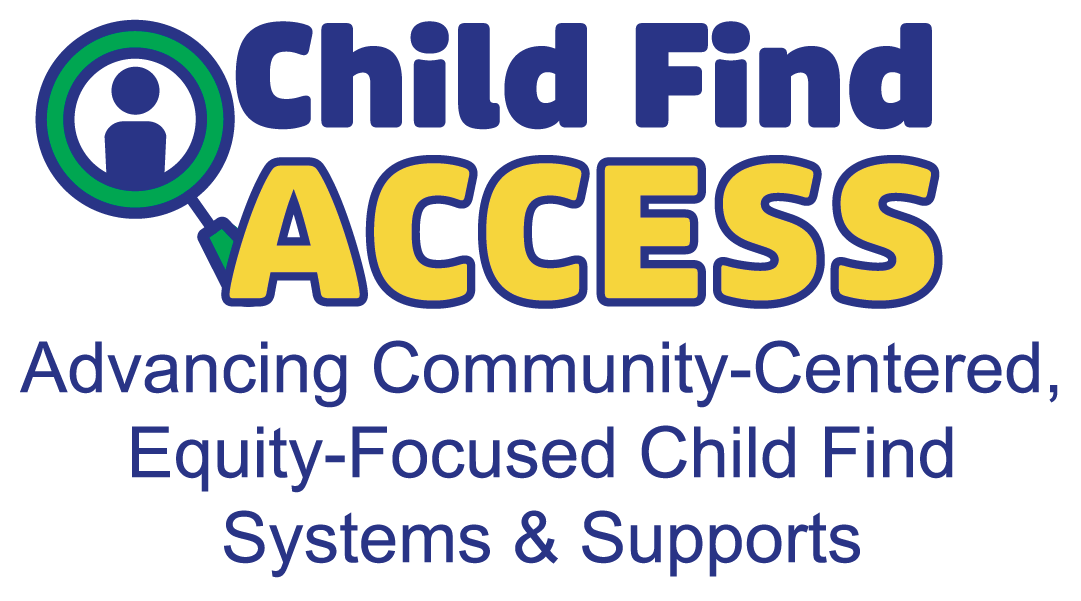
Comprehensive and coordinated Child Find systems promote academic achievement and improve results for children with disabilities. Infants and toddlers living in underserved communities have limited access to the services that tend to result in identification, screening, and thus, referral, which then delays access to early intervention services.
This model demonstration project seeks to refine the existing Child Find system within three communities, which were selected due to longstanding equity issues. Technical assistants at UNC Frank Porter Graham Child Development Institute (FPG) will lead the equity-centered implementation of the evidence-based identification, screening, referral, and tracking systems (a.k.a. "Child Find") across health, early care, education, and social service systems.
This model demonstration also seeks to increase family uptake of developmental screenings and service enrollment of traditionally underserved populations by centering family and cultural voice throughout the implementation process. FPG will partner with SRI International to carry out this initiative.